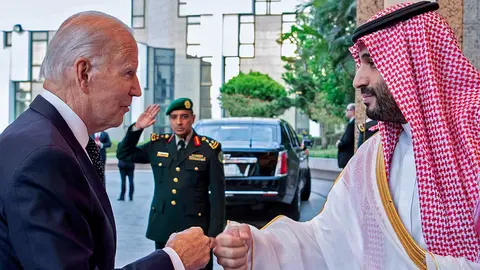Saudi Arabia gives carte blanche to Neo Space Group to become its national champion

Saudi Arabia's prime minister from 2022, Crown Prince Mohammed bin Salman, has given his blessing to the strategic plan of the newly appointed chief executive of Neo Space Group (NSG), which aims to make the company the national champion of the Kingdom's space sector.
Since the establishment of NSG at the end of May by Saudi Arabia's Public Investment Fund (PIF) - one of the world's largest sovereign wealth funds - the Riyadh authorities have been looking for the person who can chart a path to accelerate investment in space-related businesses and enhance the Kingdom's influence on the global stage.
Saudi Minister of Communications and Information Technology Abdullah Al Swaha has found him in Dutchman Martijn Blanken, a veteran with more than 25 years of managerial experience in the international telecommunications and digital infrastructure market, who was approved by the NSG Board of Directors in early July.
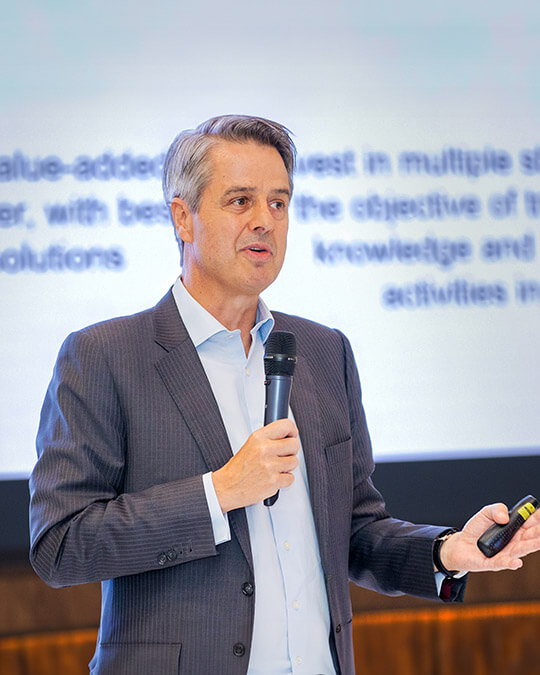
After a little over two months of immersing himself in the country's industrial reality, holding numerous interviews and gathering status and foresight reports from leading multinational consulting firms, Blanken has signed off on a plan that aims to make NSG the driving force in stimulating and expanding Saudi Arabia's commercial space and satellite activities domestically and globally.
While the details of the document guiding NSG in helping to diversify a nation dependent on oil exports are not known, Blanken himself has already said he will ‘leverage the financial backing of the FIP and identify market opportunities’. ‘I want NSG to be a company that creates jobs and attracts industries to build the new economy that Saudi Arabia and the region needs,’ he said.

Airline connectivity and providing geospatial services
Among the lines of action in the strategic plan is to focus investment in navigation and secure satellite communications and global Internet of Things (IoT) networks. In addition, there are two priorities outlined by Martijn Blanken: to be a major player in the large connectivity market arising from the strong demands of airline passengers and to expand the geospatial services business.
NSG has already taken the first steps on the geospatial side and has obtained authorisation from the Saudi Communications, Space and Technology Commission (CST) to establish and operate a large electronic platform dedicated to collecting and processing weather, environmental pollution and land monitoring data. Its task is to transform the data into value-added products to ‘provide services to governments and governmental defence and intelligence organisations that cannot be provided by just any company,’ Blanken stresses.
In line with this, NSG's most recent move was to acquire Taqnia Space, a subsidiary of the Saudi Technology Development and Investment Company (Taqnia), also owned by the state-owned PIF fund. Taqnia Space is engaged in satellite imagery analysis and the provision of research, data and technical support to the Saudi government and the King Abdulaziz City for Science and Technology (KACST) authorities, with which it has a strategic partnership.
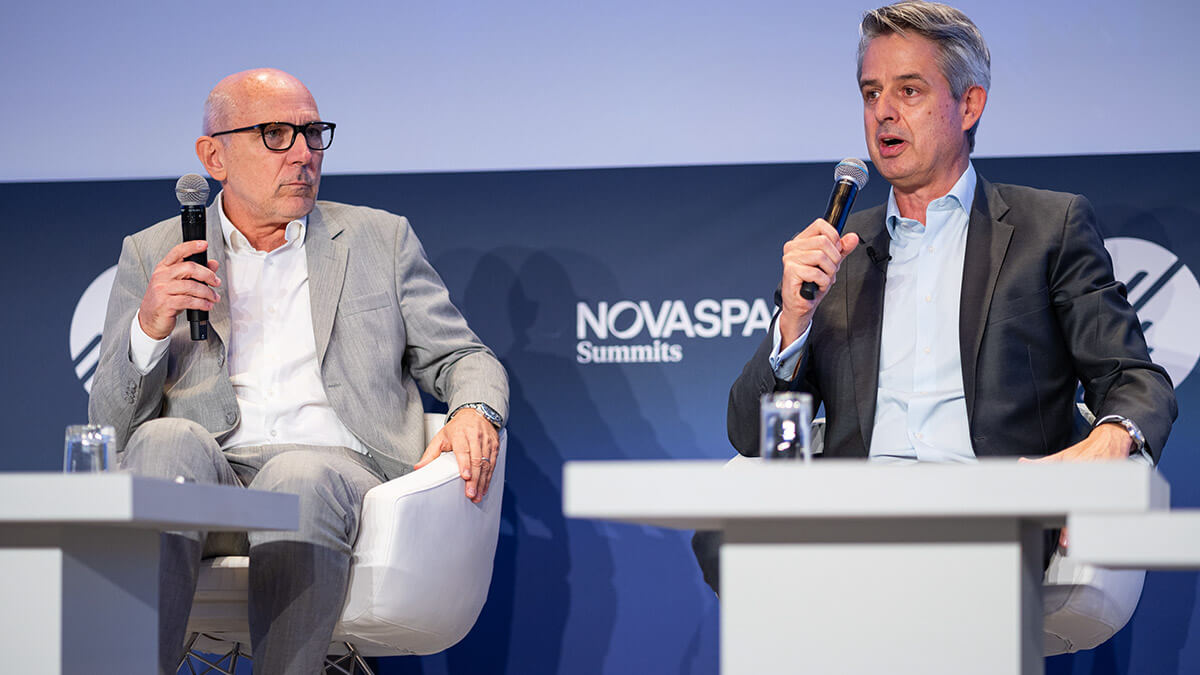
With close contractual relationships with US corporations Lockheed Martin and Collins Aerospace, Taqnia Space already provides secure fixed and mobile satellite communications infrastructure to the Saudi government and the other Gulf Cooperation Council nations of Bahrain, Qatar, Kuwait, Oman and the Union of Arab Emirates. It does so via the 6.5 tonne SaudiGeoSat-1/HellasSat-4 satellite, owned by the Greek operator Hellas Sat, a company controlled by Arabsat, whose main shareholder is the Riyadh government and its executive chairman, Saudi Arabia's Alhamedi Alanezi.
At a recent international conference in Paris, Blanken confirmed that he is prepared to enter ‘lucrative areas, although that is not the only criterion’. NSG's big advantage is that it is not required to pay immediate dividends to its sole shareholder (PIF), ‘so the horizon for the return on our investments is the long term,’ he says.
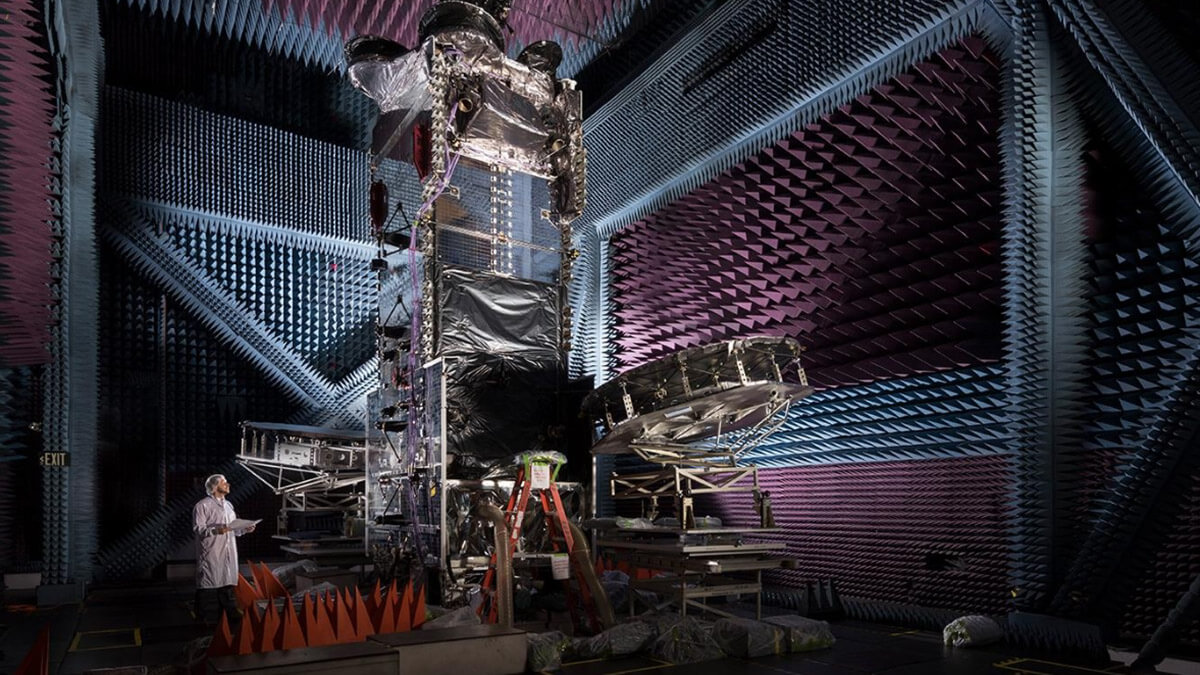
Shopping around the world
In addition, with PIF's huge financial resources, the NSG boss has launched a venture capital fund to take over the governance of promising companies in the domestic space sector and in third countries. He has anticipated that he is ready to ‘buy another company before the end of 2024’, that he intends to ‘acquire an optical or radar observation platform and find a technology partner in 2025’ and that the SaudiGeoSat-1 satellite ‘will come under his control in the first or second quarter of next year’.
A second Saudi actor plays an important, albeit complementary, role. This is the national space organisation, elevated from the status of Intergovernmental Commission to Agency in June 2023, which will focus on activities that are not economically profitable, such as manned space flights - Saudis Ali Al Qarni and Rayyanah Barnawi flew into space in May 2023 - and the exploration of the cosmos.
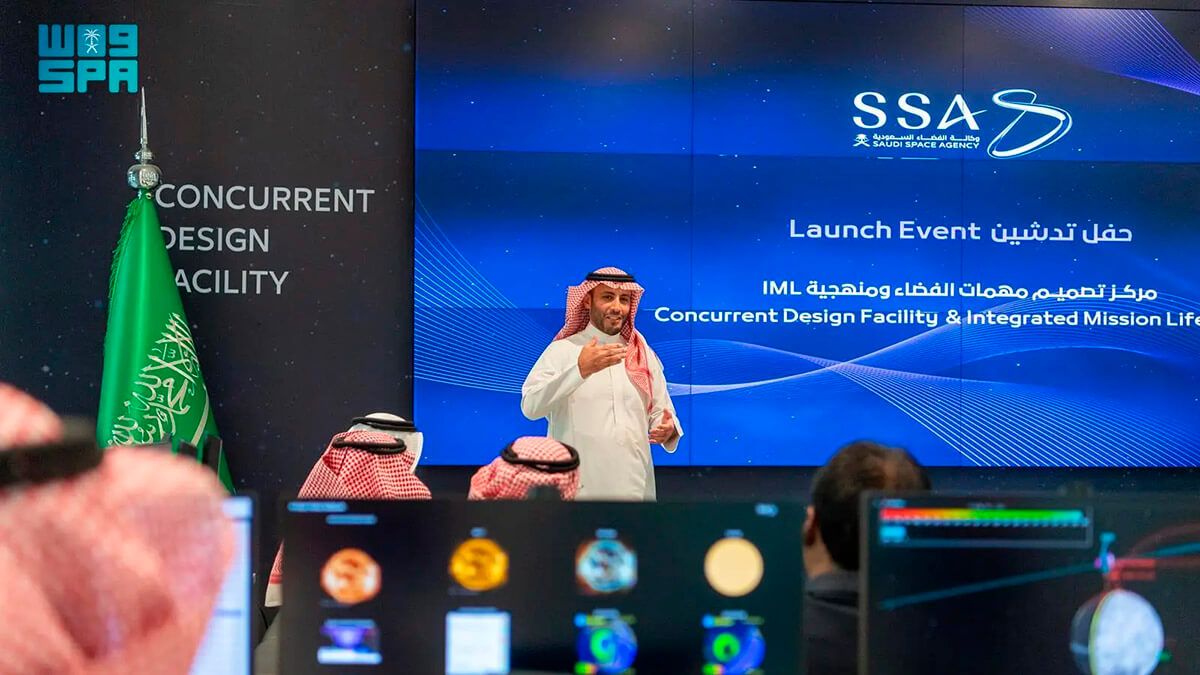
In mid-September, Saudi Space Agency Vice President and CEO Mohammed bin Al Tamimi was among those attending the fifth G20 Space Economy Leaders' Meeting in the southern Brazilian city of Foz do Iguaçu. Hosted by the Brazilian Space Agency (AEB), the meeting discussed the role of space technologies in mitigating the impacts of climate change on the environment, economy and society.
Mohammed bin Al Tamimi took advantage of his stay in South America's leading space power to meet with the president of Brazil's National Telecommunications Agency (ANATEL), Carlos Manuel Baigorri, and to sign a cooperation framework with his AEB counterpart from Rio de Janeiro, Marco Antonio Chamon. The agreement provides investment opportunities in the Saudi market for leading Brazilian space companies and enables the organisation of scientific and technical training courses and the development of joint rocket and satellite programmes.
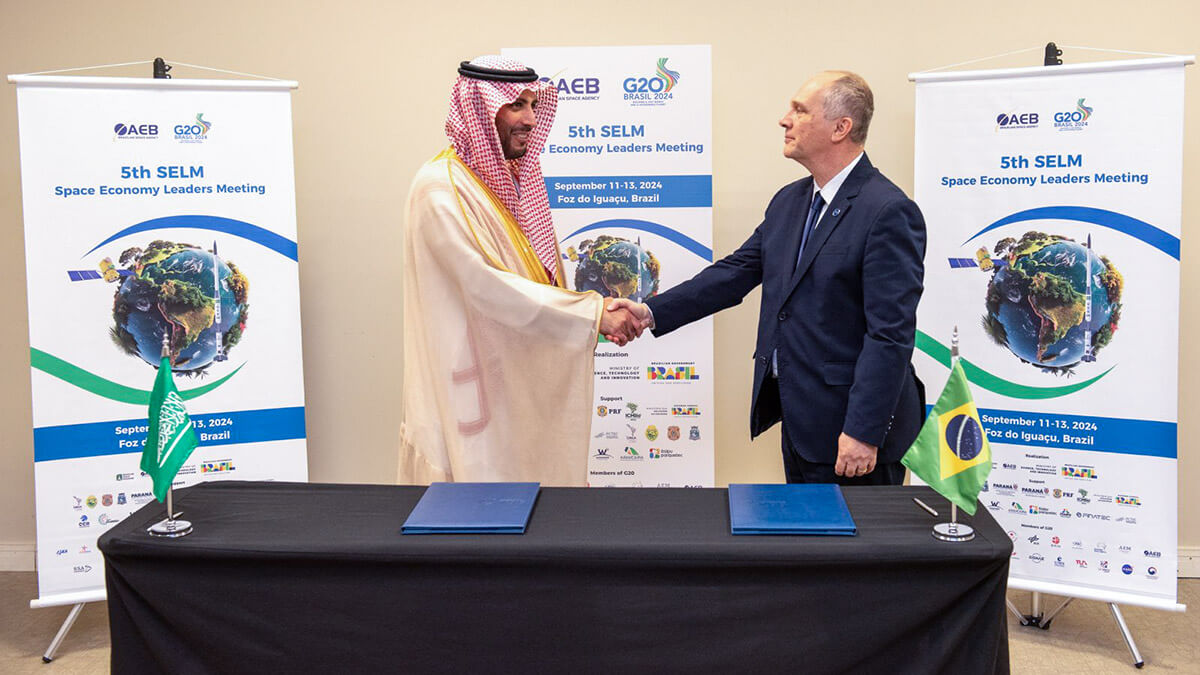
NSG was founded under the umbrella of Saudi Arabia's Vision 2030 initiative, which since 2016 has been on a long journey to lead the Kingdom away from its absolute strategic dependence on fossil fuel extraction and diversify its economy. The intention of the government headed by Crown Prince Mohammed bin Salman is to move from a space sector turnover of less than $500 million to grow to $2.2 billion by 2030.


